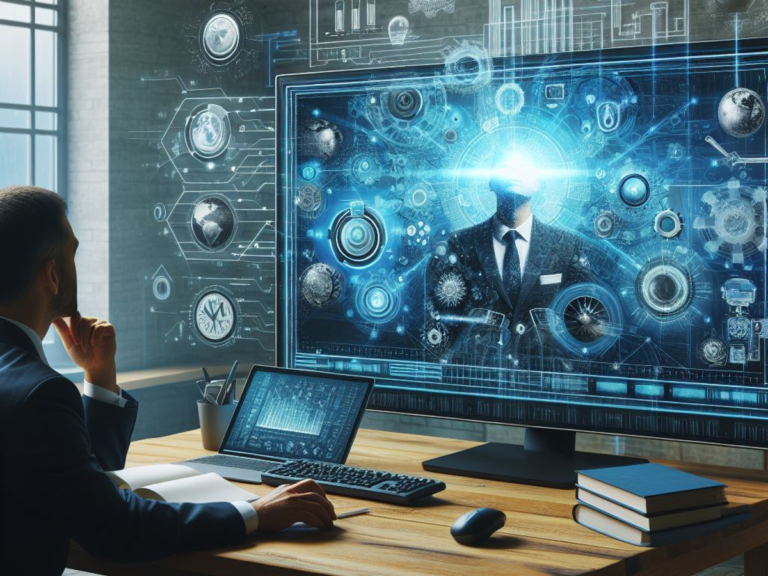The Future of Work: Adapting to Technological Advances and Industry Trends
In today’s rapidly evolving landscape, the future of work is undergoing profound transformations. As technology continues to advance, organizations and individuals must adapt to stay relevant and thrive. Let’s delve into key trends and strategies for navigating this dynamic environment.
1. Business Process Automation (BPA)
Businesses are increasingly turning to automation to streamline operations and enhance efficiency. BPA involves using software bots to handle repetitive tasks such as data entry, records reconciliation, travel and expense management, and employee onboarding. By automating routine processes, organizations free up valuable human resources for more strategic and creative work.
2. Artificial Intelligence (AI) and Machine Learning (ML)
AI and ML are reshaping industries across the board. While some may fear job displacement, the reality is that AI and humans can work symbiotically. Examples include:
- Robo-advisors: AI-driven financial advice platforms.
- AI agents: Enhancing customer service and decision-making.
- Legal teams: Leveraging AI for legal research and discovery.
- Executives: Using AI to analyze business cases and optimize strategies.
3. Immersive Technologies: Mixed Reality (MR), Virtual Reality (VR), and Augmented Reality (AR)
These technologies are no longer confined to science fiction. They’re already impacting industries:
- Virtual Reality (VR): Creating immersive training experiences and enhancing collaboration.
- Augmented Reality (AR): Overlaying digital information onto the real world, benefiting fields like architecture, healthcare, and retail.
4. Cloud Services
The cloud has become an essential part of modern business. Organizations use:
- Software as a Service (SaaS): Accessing applications via the cloud.
- Infrastructure as a Service (IaaS): Outsourcing infrastructure needs.
- Platform as a Service (PaaS): Developing and deploying applications.
- AI as a Service (AIaaS): Leveraging AI capabilities without heavy investment.
5. The Internet of Things (IoT)
Connected devices are revolutionizing industries. From smart homes to industrial automation, IoT is driving efficiency, data collection, and predictive maintenance.
Conclusion
As we embrace technological advances, the future of work will be shaped by our ability to adapt. Organizations must invest in upskilling their workforce, fostering a culture of innovation, and staying agile. Individuals should embrace lifelong learning and remain open to change. The future of work is exciting, challenging, and full of opportunities for those who are prepared.







